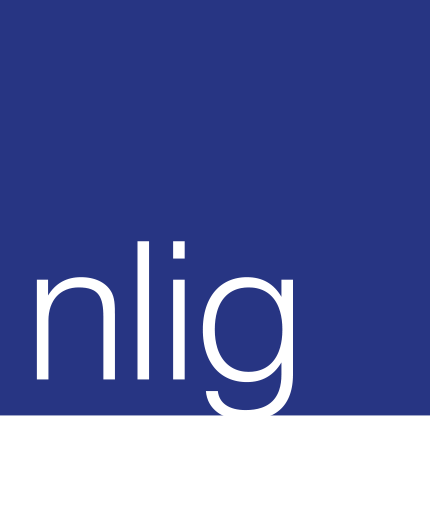Learning to Drive

Starting to learn how to drive is an exciting milestone, but before you start the engine, it's vital to organise learner driver insurance. At NLIG, we’ve put together a guide to help you through this process and explain your options, whether you're a learner driver or a parent helping your child learn to drive.
What Is Learner Driver Insurance?
Learner driver insurance is a short-term policy for those with a provisional licence learning in someone else's car, often a parent or family member's. It helps protect the vehicle owner's no-claims bonus if an accident occurs.
If you're taking lessons with an instructor in a dual-control car, the driving school typically provides insurance. But if you're practising in a private car outside lessons, you will need your own learner insurance.
Accidents can happen, and learner drivers are statistically more likely to be involved in incidents while gaining experience. Proper insurance covers the vehicle, the learner, the supervising driver, and third parties in case of a claim.
What are your Insurance Options?
1. Temporary Learner Driver Insurance
This flexible option covers from one day up to several months. It’s perfect for occasional practice in a friend's or family member’s car and doesn't affect the main car policy or no-claims discount.
2. Named Driver on an Existing Policy
Some parents opt to add the learner as a named driver on their current policy. This option is convenient but may impact the main policyholder's no-claims bonus if a claim occurs.
3. Specialist Learner Driver Policies
These are standalone policies designed specifically for provisional licence holders. Many offer extra flexibility and can often be converted to a full licence policy once the learner passes.
Here are some key considerations:
- You must be supervised by someone over 21 years of age, who has held a full driving licence for a minimum of 3 years.
- Some policies only cover practice in daylight hours.
- You must display L plates whilst the vehicle is being driven by the learner (or D plates if you’re in Wales).
- Make sure the policy definitely covers test day, as not all policies do.
Once you pass your test, learner driver insurance becomes invalid. You'll need to get a new policy as a fully qualified driver. We can help arrange this quickly and competitively, ensuring your protection continues.
Need help choosing the right policy? At NLIG, we’re here to make the road to driving as smooth as possible. We offer tailored advice and can help you or your learner driver find the best cover for your needs.
Call us on 01992 703 300 or email our team at insurance@nlig.co.uk

